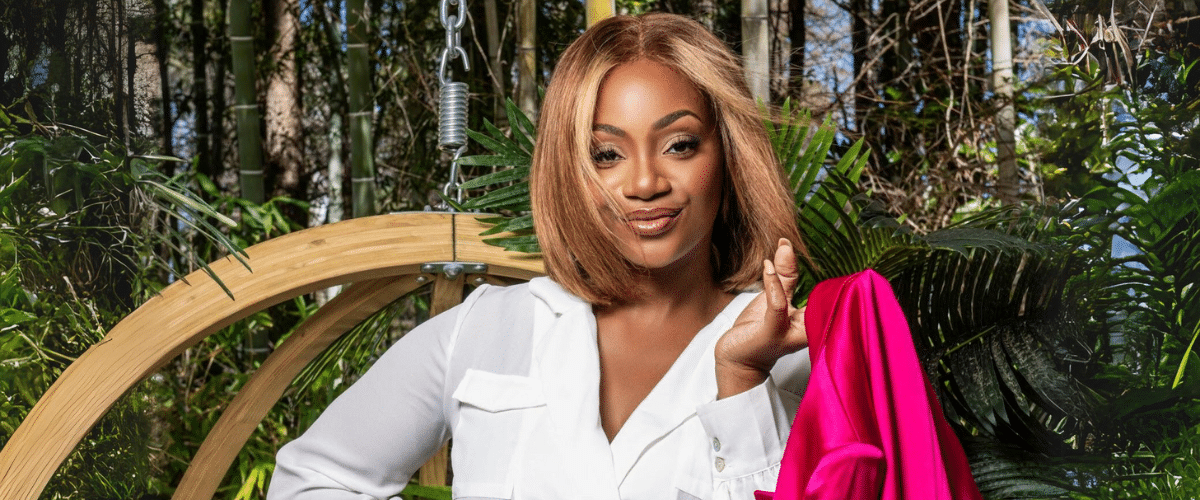Romantic comedies, or rom-coms, have long been a beloved genre in the world of cinema. From classic tales of love and laughter to modern interpretations of romance, these films have captured the hearts of audiences for generations. However, over the past two decades, rom-coms have undergone significant changes, reflecting shifts in societal norms, cultural attitudes, and storytelling techniques. Let’s take a closer look at how rom-coms have evolved in the past twenty years.
Traditional Rom-Com Tropes
In the early 2000s, romantic comedies often followed a formulaic structure, with familiar tropes and conventions that audiences had come to expect. From meet-cutes and misunderstandings to grand gestures and happily-ever-afters, these films offered comforting escapism and predictable storylines. While these classic rom-coms were undeniably charming, they also tended to reinforce gender stereotypes and heteronormative ideals of love and romance.
However, despite the formulaic nature of traditional rom-coms, they provided audiences with a sense of comfort and familiarity. The predictability of these films allowed viewers to escape into a world of romance and laughter, where love always triumphed in the end. For many people, rom-coms served as a form of entertainment that provided a welcome distraction from the stresses of everyday life.
Shifting Cultural Attitudes
As societal attitudes towards love, relationships, and gender roles evolved, so too did the landscape of romantic comedies. In the past two decades, there has been a greater emphasis on diversity, representation, and inclusivity in rom-coms, with filmmakers exploring a wider range of romantic narratives and perspectives. From LGBTQ+ love stories to interracial romances and unconventional pairings, contemporary rom-coms reflect the rich diversity of human experiences and relationships.
In addition to embracing diversity, contemporary rom-coms also tackle more complex and nuanced themes related to love and relationships. These films explore the challenges and complexities of modern romance, addressing issues such as commitment, communication, and self-discovery in authentic and relatable ways. By portraying love in all its messy, imperfect glory, contemporary rom-coms resonate with audiences on a deeper level, offering a more realistic and nuanced portrayal of romance.
Contrarian View: Challenges Faced by Rom-Coms
Despite their enduring popularity, romantic comedies have faced criticism for perpetuating unrealistic expectations of love and relationships. Some critics argue that rom-coms often present idealized versions of romance that can be harmful or unattainable for real-life couples. Additionally, the formulaic nature of many rom-coms can lead to predictability and cliché, making it challenging for filmmakers to innovate and engage audiences in meaningful ways.
Despite these criticisms, rom-coms continue to be a beloved genre that resonates with audiences around the world. While they may not always reflect the complexities of real-life relationships, rom-coms offer viewers a sense of escapism and hope, allowing them to indulge in fantasies of love and romance. Ultimately, rom-coms serve as a form of entertainment that provides joy, laughter, and a welcome break from the stresses of everyday life.
Embracing New Storytelling Techniques
In response to these criticisms, filmmakers have begun to experiment with new storytelling techniques and narrative structures in rom-coms. From unconventional timelines and nonlinear plots to genre-blending mashups and meta-commentary on romantic tropes, contemporary rom-coms are pushing the boundaries of traditional storytelling conventions. By subverting expectations and challenging audience assumptions, these films are able to offer fresh perspectives on love and romance.
One of the most notable trends in contemporary rom-coms is the rise of female-driven narratives and perspectives. Women are increasingly taking center stage in rom-coms, both in front of and behind the camera, allowing for more authentic and relatable portrayals of love and relationships. These films explore female desires, ambitions, and experiences in ways that are empowering and uplifting, challenging traditional gender norms and stereotypes in the process.
Romantic Comedies Remain an Entertainment Staple
In summary, the landscape of romantic comedies has undergone significant changes over the past two decades. While traditional rom-com tropes continue to resonate with audiences, there has been a greater emphasis on diversity, representation, and inclusivity in contemporary rom-coms. Filmmakers are exploring new storytelling techniques and narrative structures to offer fresh perspectives on love and romance, challenging audience expectations and pushing the boundaries of the genre. Despite facing criticism and challenges, rom-coms remain a beloved genre that continues to evolve and adapt to reflect the changing attitudes and values of society.










